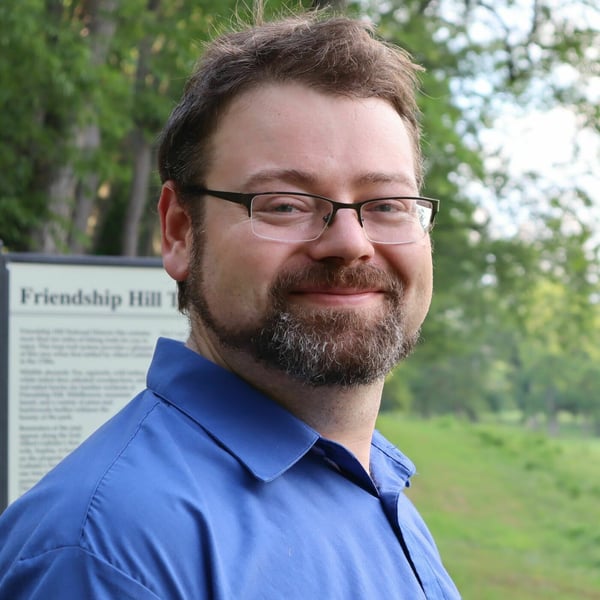The Fermi Paradox: Whispers In The Night (Narration Only)
Science & Futurism with Isaac Arthur
Isaac Arthur
4.8 • 739 Ratings
🗓️ 19 March 2020
⏱️ 24 minutes
🧾️ Download transcript
Summary
Transcript
Click on a timestamp to play from that location
| 0:00.0 | Hello SFIA audio listeners. In this month's Nebula exclusive, big alien theory, |
| 0:05.2 | we're asked at the reason alien civilizations might be rare is because most aliens are huge. |
| 0:10.5 | To hear it and every episode early and ad-free, plus hours of bonus content, |
| 0:15.1 | check out go.nebola.tv slash Isaac Arthur and use my code, Isaac Arthur. |
| 0:20.0 | This episode is brought to you by Brilliant. |
| 0:23.3 | We often wonder why the galaxy isn't full of alien civilizations, but what if they are |
| 0:28.7 | out there whispering to us in the night, but we just can't hear them? |
| 0:34.3 | Our galaxy contains hundreds of billions of stars, many far older than our own, and the |
| 0:39.8 | galaxy itself is but one of billions. |
| 0:42.8 | Likely most of those stars have planets and at least a decent percent of them would probably |
| 0:46.9 | be big enough to hoard an atmosphere and located where their sun could keep liquid water |
| 0:51.3 | on their surface. |
| 0:53.1 | We don't know that life would need that, but even if it does, it should seem to imply |
| 0:57.6 | almost uncountable worlds that might harbor life. |
| 1:01.6 | This is the basic notion of the Fermi paradox, that we'd expect that even if the odds |
| 1:05.7 | of life were much worse than we thought, and even if it was fairly unlikely to develop |
| 1:10.0 | into complex and |
| 1:10.9 | intelligent life, there should just be tons of civilizations like ours out there. |
| 1:16.0 | But if there is, we're not hearing from them. |
| 1:18.8 | If that life is out there, where is it? |
| 1:21.4 | Why aren't the radio waves clogged with intergalactic radio? |
| 1:25.8 | Regular watchers of the show know this problem is probably far worse if we consider a capacity |
... |
Please login to see the full transcript.
Disclaimer: The podcast and artwork embedded on this page are from Isaac Arthur, and are the property of its owner and not affiliated with or endorsed by Tapesearch.
Generated transcripts are the property of Isaac Arthur and are distributed freely under the Fair Use doctrine. Transcripts generated by Tapesearch are not guaranteed to be accurate.
Copyright © Tapesearch 2025.

